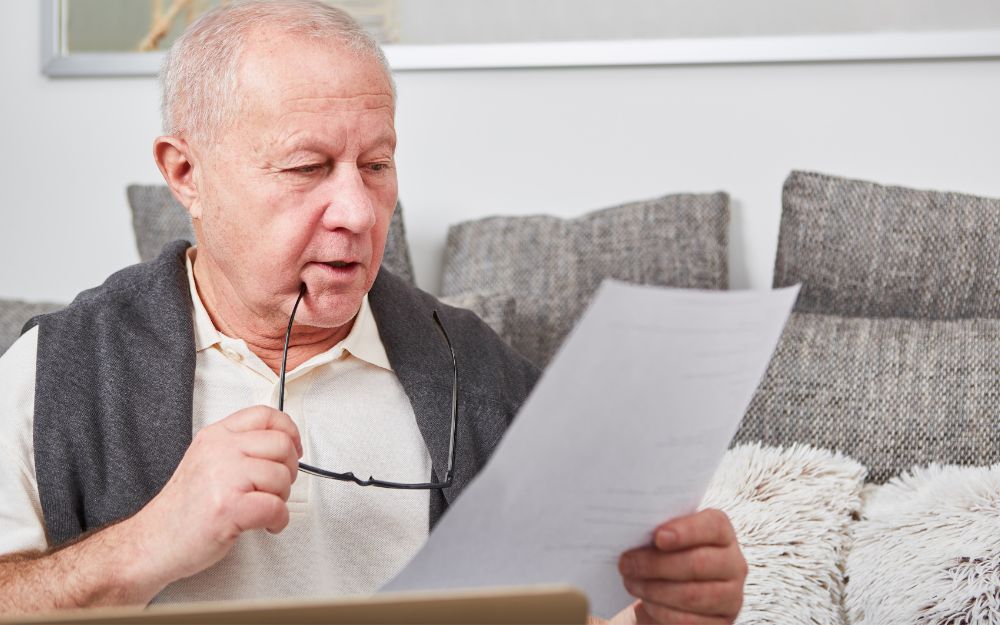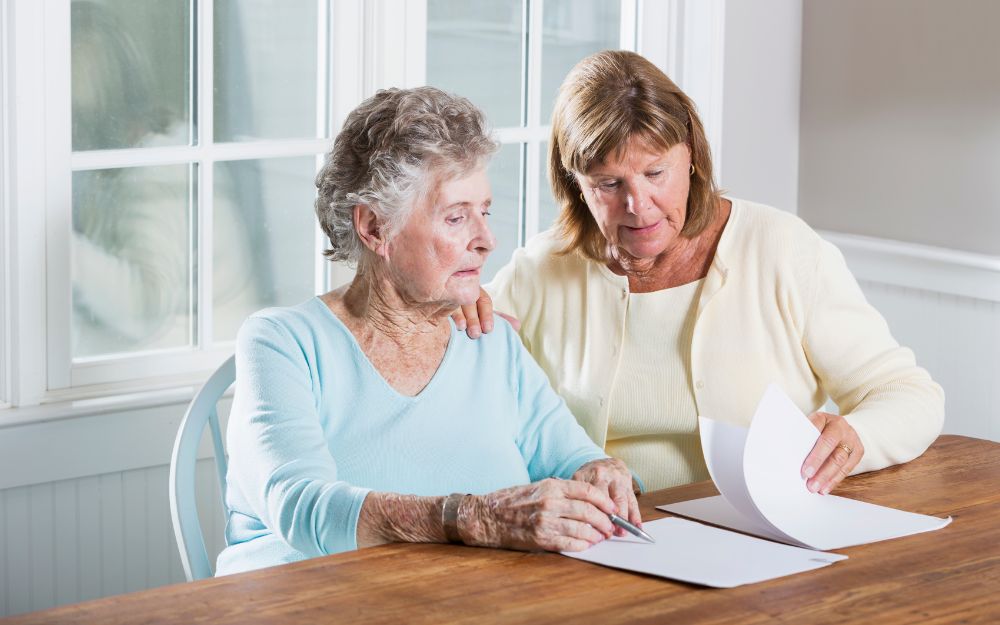In this podcast, Estate Planning Solicitor Elise Jaques explains how an Advance Health Directive works and when do you need one.
TRANSCRIPT
Speaker 1:
At Big Law, we are big on providing you great legal help. If you have a family law, business law, wills and estates, commercial law, or conveyancing issue, we’re here to help. Now, here is your podcast.
Dan:
When it comes to estate planning, there is one document that people often don’t know much about. It’s called an advanced health directive. To find out how it works and whether in fact you need one I’m with Elise Jaques from Big Law. Elise, firstly, what is an advanced health directive?
Elise Jaques:
An advanced health directive Dan is a document which allows you to provide directions about your healthcare and special healthcare including life sustaining treatment if you’re unable to make these decisions yourself. You might not be able to make these decisions because you have lost capacity. An Advanced health directive can also be used to appoint an attorney to make healthcare decisions for you. You may want to do this, particularly if you haven’t already appointed an attorney for health matters under your enduring power of attorney.
Dan:
Who can actually make the advanced health directive?
Elise Jaques:
Dan, anyone who is 18 years of age and has the requisite capacity can make an advanced health directive. As part of making your advanced health directive however, your doctor will need to sign a certificate that you appear to understand the nature and effect of the advanced health directive that you are making and that you are also capable of making it freely and voluntarily. On top of your doctor, an eligible witness also needs to witness your signing of the advanced health directive. They also have to be satisfied that you have the capacity to make it, and that you are freely and voluntarily making it.
Dan:
Now in the context of advanced health directive, so often consideration in relation to life sustaining treatment, what does it actually mean?
Elise Jaques:
Life sustaining treatment Dan is exactly as it sounds. It’s treatment which is aimed at sustaining or prolonging your life when you are nearing the end of it. These treatments can include things like CPR, assisted ventilation, and also nutrition such as like a feeding tube.
Dan:
Now what if a person actually doesn’t want the life sustaining treatment when they’re nearing the end of life?
Elise Jaques:
In advanced health directive, that person can give directions about their life sustaining treatment preferences, including whether they want to consent to such treatment or they want any treatments to be refused which is aimed at either sustaining or prolonging their life.
Dan:
Now, I’m assuming that there’s probably lots of people in the community that have perhaps an enduring power of attorney, but they don’t have an advanced health directive. What happens, I mean, what’s the differentiation between the two?
Elise Jaques:
If you have an existing enduring power of attorney, which appoints an attorney for personal, including health matters, then without an advanced health directive that attorney can make decisions about your healthcare for you, including life sustaining treatment. Your attorney under your enduring power of attorney however cannot make decisions about special health matters. Special health matters includes decisions about removal of tissue for donation to another person, termination of pregnancy, and also some experimental healthcare.
Dan:
What happens when a person doesn’t actually have an advanced health directive or an enduring power of attorney? Are they potentially at risk?
Elise Jaques:
Well without either document Dan, then a statutory health attorney would be the person who has the power to make decisions about their healthcare if they’re not able to do it themselves. In Queensland, the legislation actually provides an order of priority as to who would be your statutory health attorney. That can include your spouse, an unpaid carer or close friend, or even relative who is over the age of 18 years. I guess the risk is if they don’t have any of those people in their life, then the public guardian could act as their statutory health attorney in those circumstances.
Dan:
Hence why I suspect that it’s important that somebody actually has an advanced health directive so they’ve got some say into who should make these decisions for them.
Elise Jaques:
Well, if the person has specific directions or wishes about their health care, particularly end of life or life sustaining treatment, then they should consider making advanced health directive. It’s important however they don’t only just think about their healthcare decisions and who would make those decisions for them. They also need to think about who would make personal and financial decisions for them if they lost capacity. In that regard, we recommend that they also consider making an enduring power of attorney or at least having at minimum an enduring power of attorney in place.
Dan:
Elise, I was going to say is it’s obviously sensible that in the context of estate planning that the will, the advanced health directive, and the enduring power of attorney are all looked at holistically at the one time within estate planning?
Elise Jaques:
Yeah, Dan, look, usually if we meet with someone to discuss their estate plan, we go through everything with them. Some people obviously don’t choose to make an advanced health directive because they either don’t know what they want at that point in time, or they’re happy to let their attorneys have that decision making power and obviously take their views and wishes on board and whatever the doctor says as well. An advanced health directive obviously goes above an enduring power of attorney. If you don’t want to make an advanced health directive, that’s okay, at least if you have an enduring power of attorney and a will in place.
Dan:
How can Big Law help?
Elise Jaques:
Dan, look, if you contact us, we can obviously make an initial appointment to go through everything with that person and what they actually are looking to achieve.
Dan:
Elise, thanks for joining me.
Elise Jaques:
Thanks Dan.
Speaker 1:
Thanks for listening. Need further information? Visit us at biglaw.com.au.









